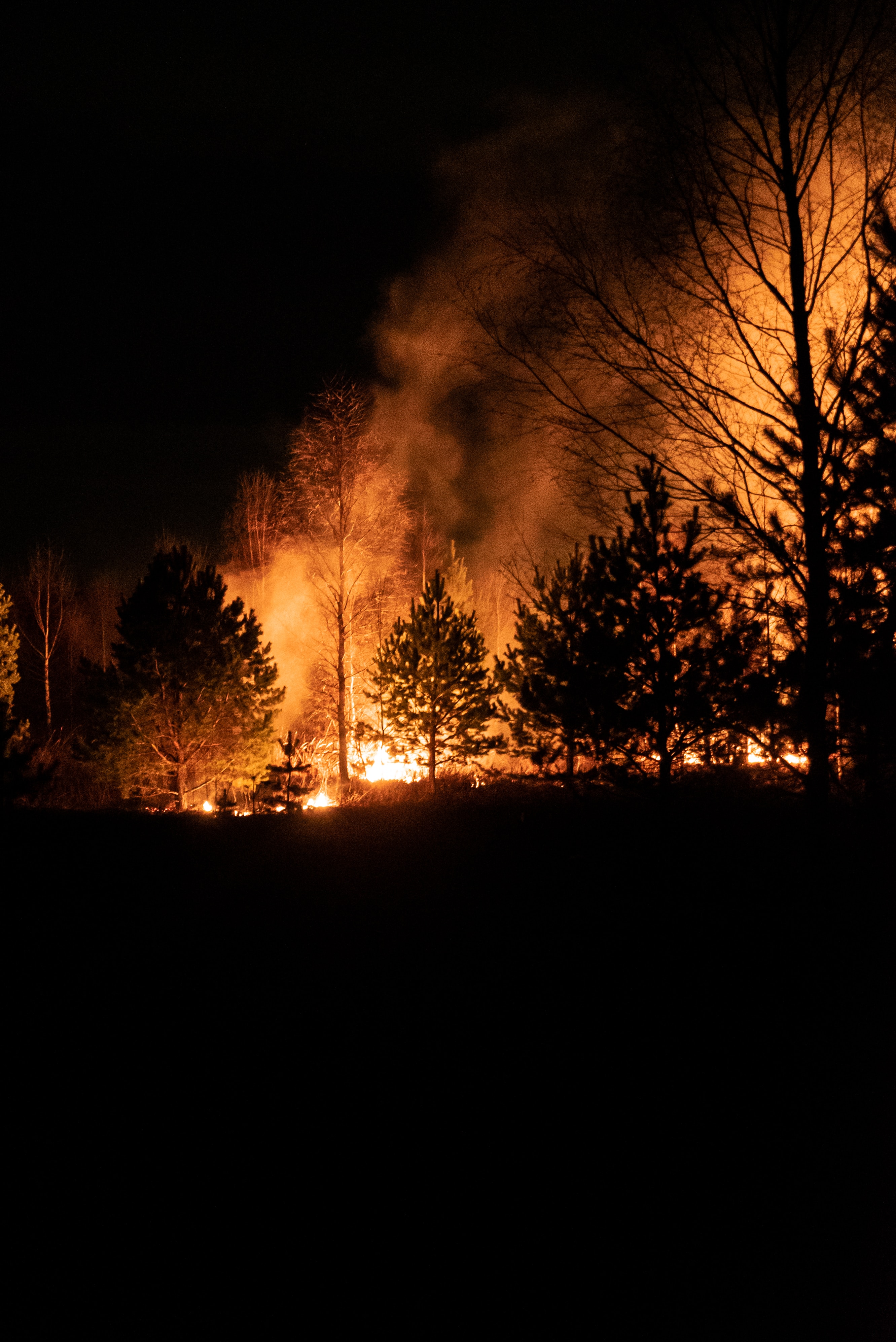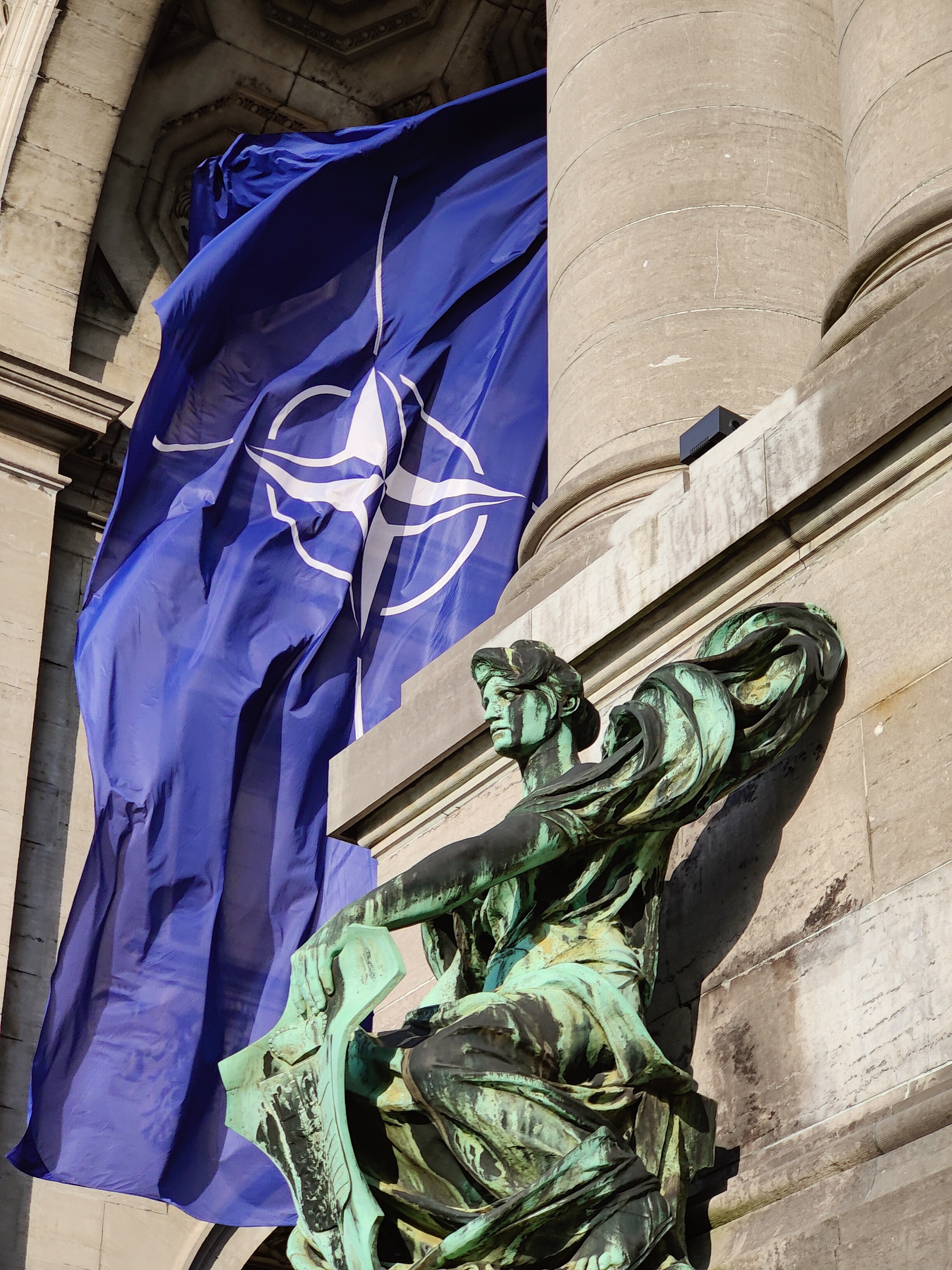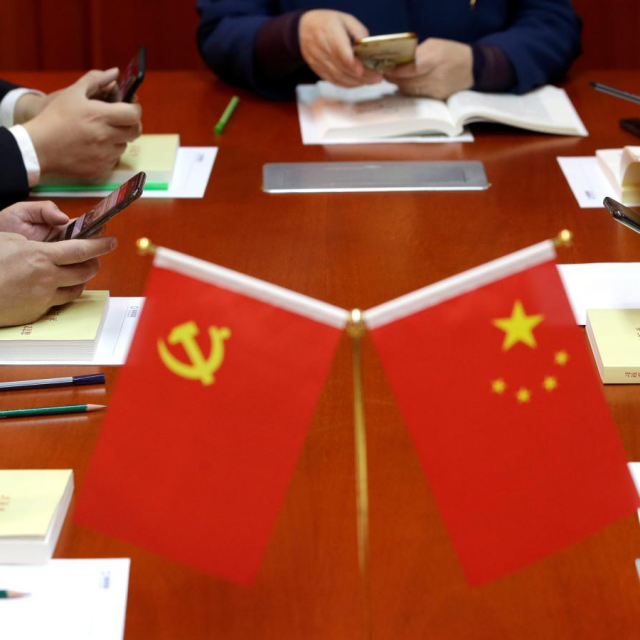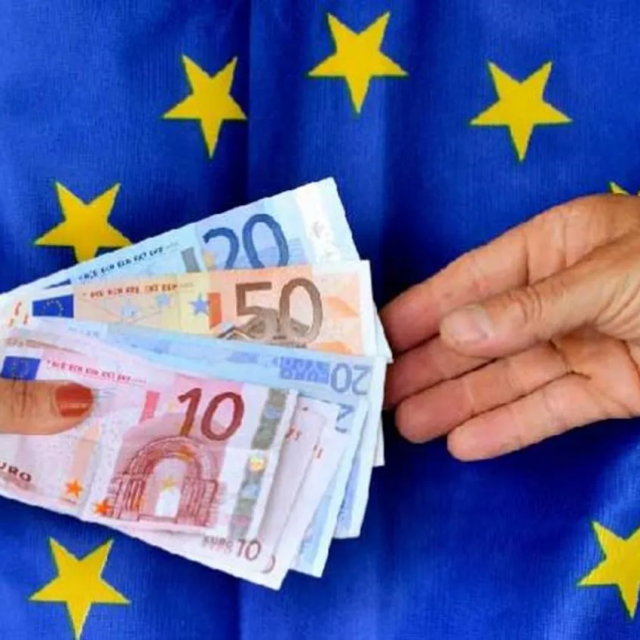Photo by Egor Vikhrev on Unsplash
The EU says it is reacting with unprecedented speed to tackle the biggest wildfires ever recorded in the EU.
The Commission’s Emergency Response Coordination Centre has mobilised 11 firefighting planes and 1 helicopter from the rescEU reserve, stationed in 6 Member States.
In addition, 6 European countries have contributed with 6 ground forest fire fighting teams via the EU Civil Protection Mechanism. So far, over 81,000 hectares have been burnt in Greece’s Alexandroupolis region.
This wildfire is the largest in the EU since 2000, when the European Forest Fire Information System (EFFIS) began recording data.
Since Greece activated the EU Civil Protection Mechanism, for the second time this summer, on 20 August, the EU has deployed 11 rescEU firefighting airplanes stationed in Croatia, Cyprus, France Germany, Spain and Sweden, 1 Blackhawk helicopter from Czechia, 407 fire fighters and 62 vehicles from Bulgaria, Cyprus, Czechia, France Romania, Serbia and Slovakia.
In addition, the EU’s Copernicus satellite mapping serviced as issued 20 maps of the affected areas. This assistance follows the EU’s prompt reaction to Greece’s earlier activation of the EU Civil Protection Mechanism. Last month, a coordinated deployment involving 9 planes, 510 firefighters, and 117 vehicles was launched to tackle the escalating wildfires.
Janez Lenarčič, Commissioner for Crisis Management, said: “We stand in solidarity with Greece as it battles the devastating wildfires. The European Union’s largest aerial firefighting operation underscores our commitment to swift and effective collective action in times of crisis. Our thoughts are with the people of Greece, and we will continue working tirelessly to protect lives, property, and the environment. The EU’s unity and cooperation are our strongest assets in overcoming these challenges.”
The EU Civil Protection Mechanism has also been essential in the response to this weekend’s explosion in Romania. A total of 12 severe burn patients were transported to Austria, Belgium, Germany, Italy, and Norway, answering in full to Romania’s request for assistance.
Meanwhile, EU council president Charles Michel has reacted to floods in Slovenia, calling it “a difficult and complex situation.”
The EU, he said, will mobilise €400 million “as a starting point”.
He said, “I know that very quickly many European Union members and partners, including Ukraine, decided to provide concrete support. This is not enough and one thing is absolutely clear – we are not forgetting the Slovenian people.”
“We also know that is important to invest and to rebuild the country. It is also important to be better prepared because we know that in the future, probably not only in Europe, not only in Slovenia, we will face more and more natural disasters. It means that we need to be better prepared and to have money available, in case of need. So that we can act and react very quickly.”




